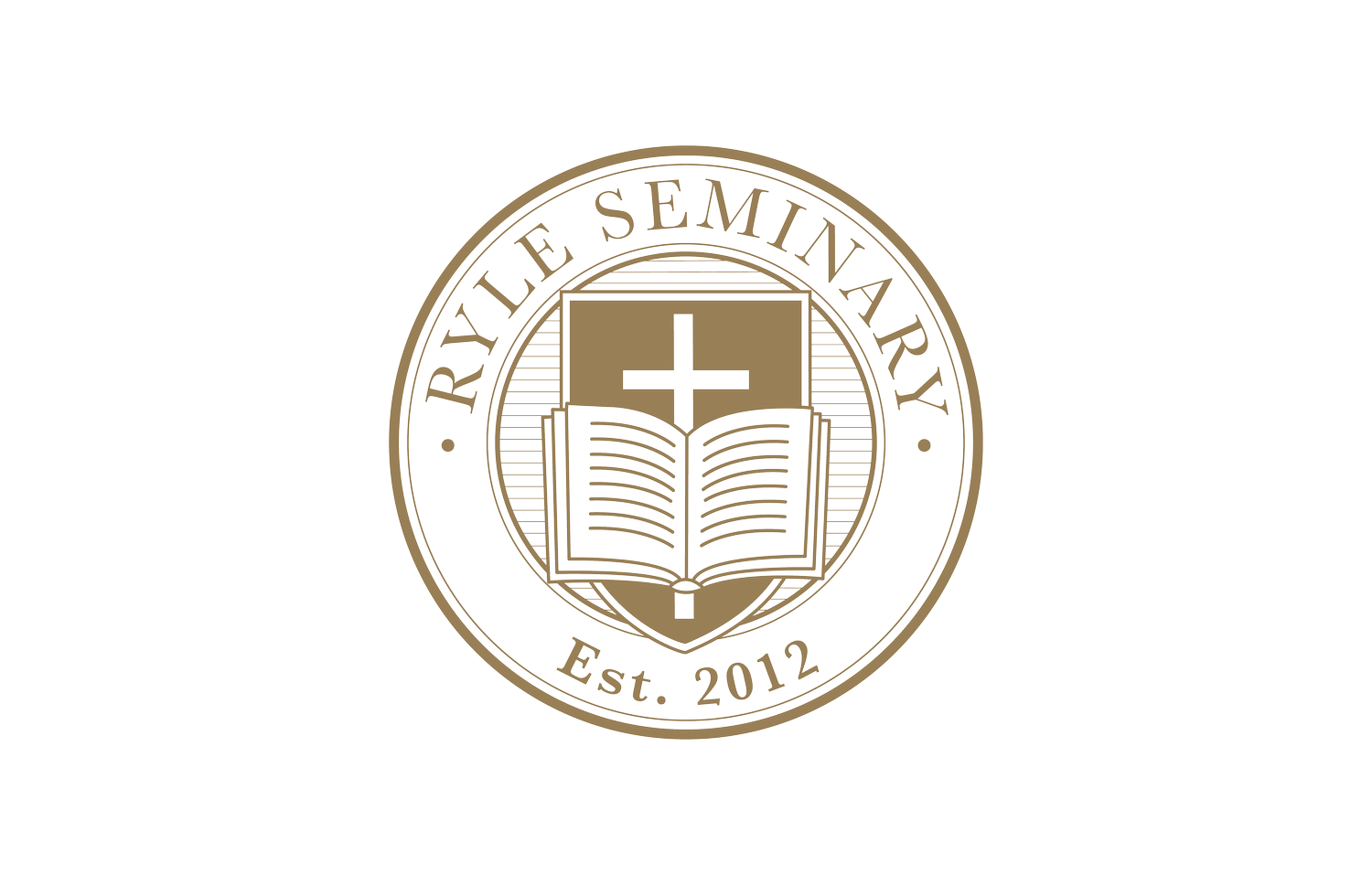Christian Ethics: Human Sexuality
Instructor: Rev. Lyndon Jost
Through the Christianization of the Roman Empire, Western notions of human sexuality came to be shaped by a distinctively Christian vision concerning sexuality and human personhood more broadly. It was a scripturally informed vision, given concrete shape through the formation of the laws and rituals, sermons and tracts, of the Church--on matters of sex and gender, marriage and singleness, divorce and remarriage, chastity and prostitution. In this way, a relatively stable, theologically shaped set of norms emerged and remained both compelling and normative across diverse cultures and epochs in the West--that is, until recently. Beginning in the 1960s, through the (so-called) “sexual revolution,” the old established tradition has begun to give way to a new and competing vision of human sexuality, constructed on secular foundations and shaped by modern technologies (reproductive and otherwise) along with emerging scientific research and social theory. This all has resulted in a new set of widely accepted understandings about the relation between sex and gender, and the meanings attached to human personhood, sex and sexuality.
This course is designed to engage matters of human sexuality chiefly from theological and historical perspectives, in dialogue with contemporary scientific and social-scientific research, and feminist philosophy. Attention will be given to questions of sexual differentiation and identity, celibacy and marriage, and the social construction of gender, along with other contemporary questions in sexual ethics. The goal of this course is to provide students with the historical and theological foundations from which to discern a consistent pattern of Christian understanding regarding human sexuality, in order that students might be well equipped to engage a broad range of contemporary issues related to sexuality, all in the power and grace of the gospel.

